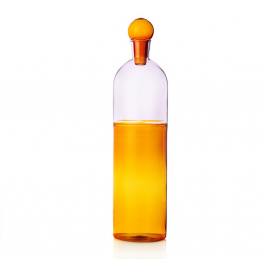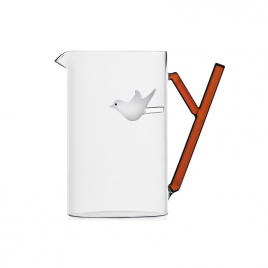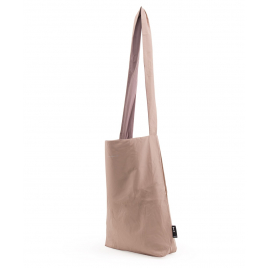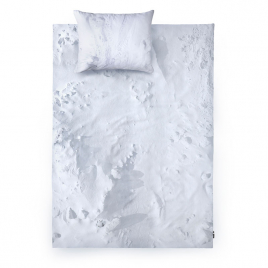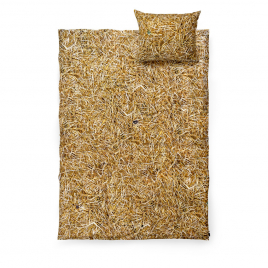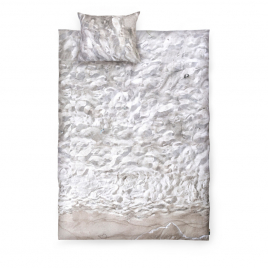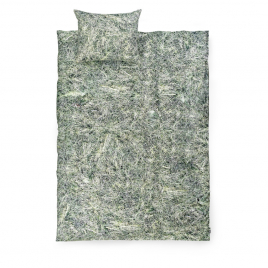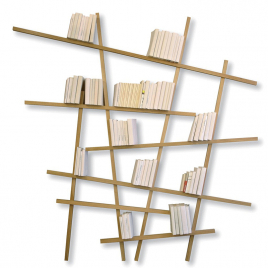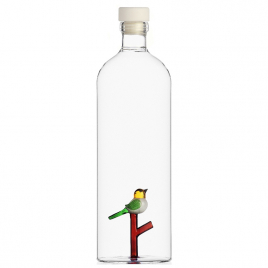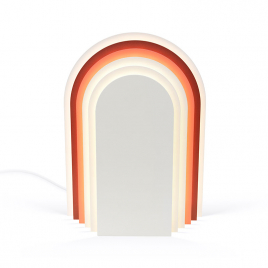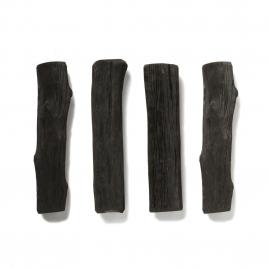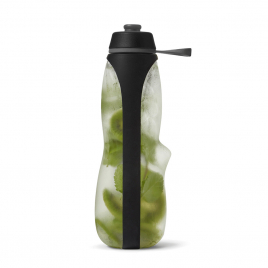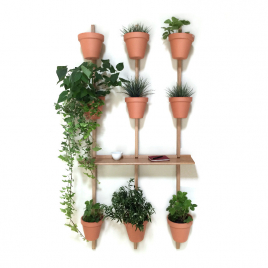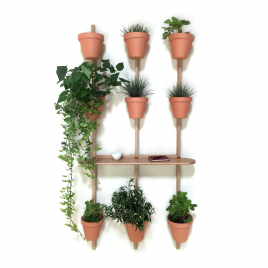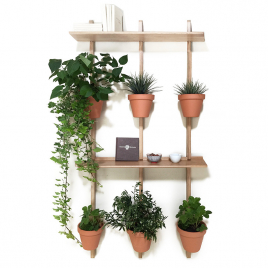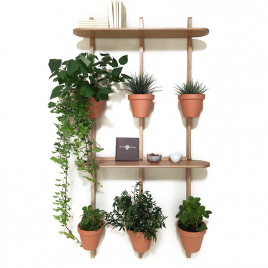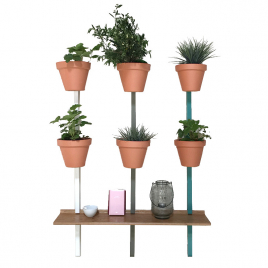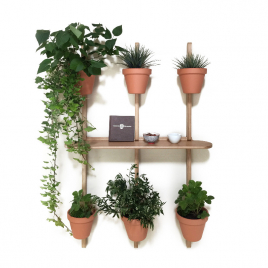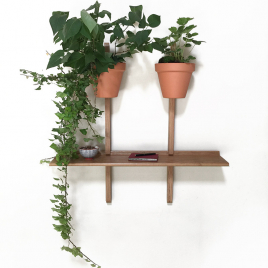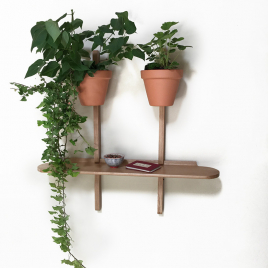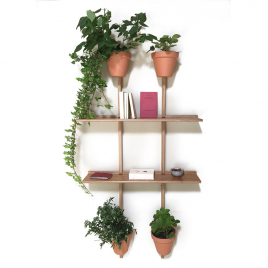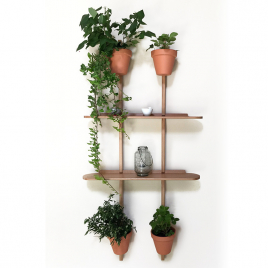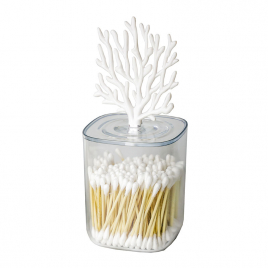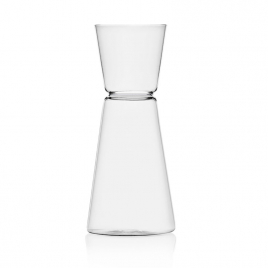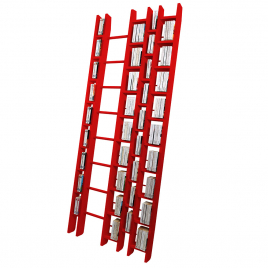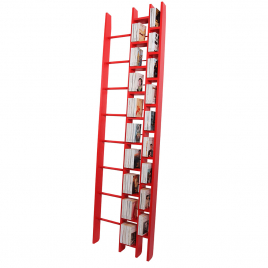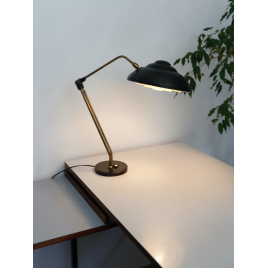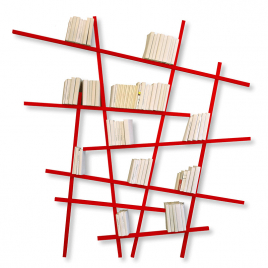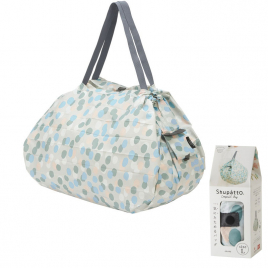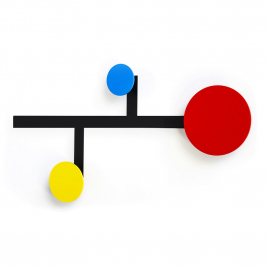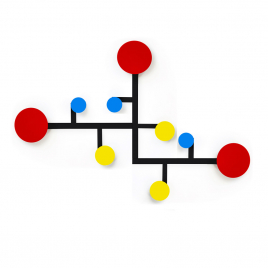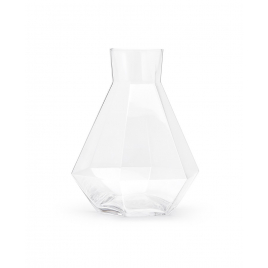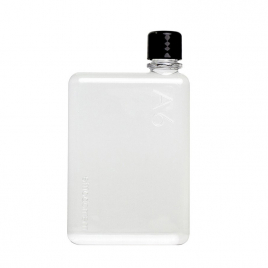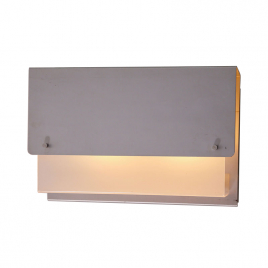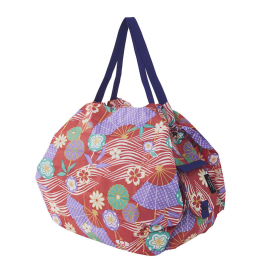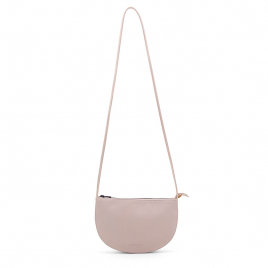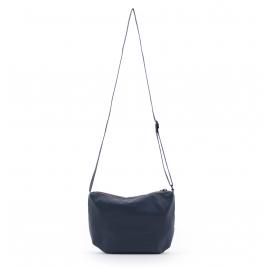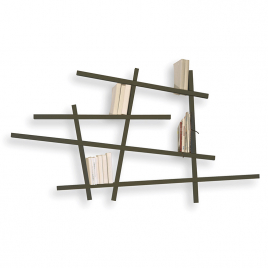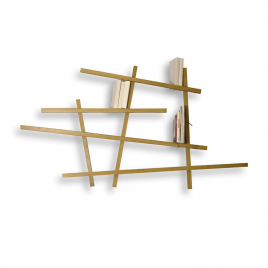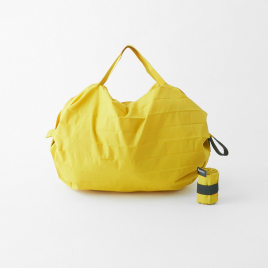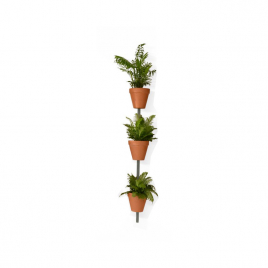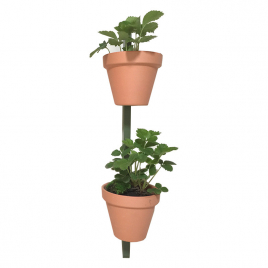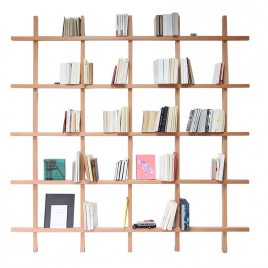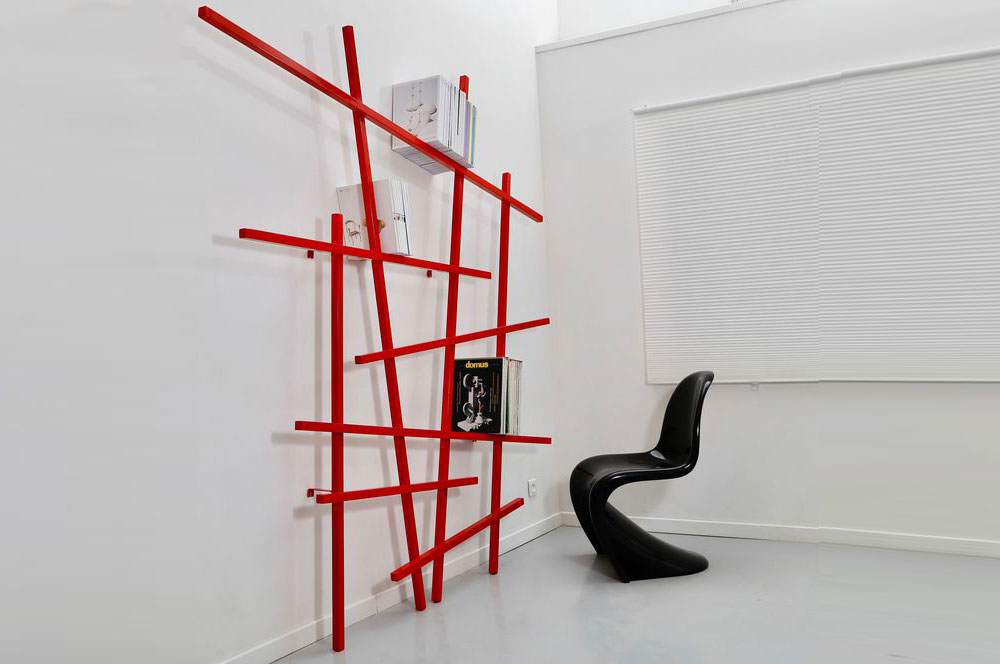
It is not a question here of making a revolution, but of offering you a few easy steps to take which will make it possible to reduce the harmful impact of your purchases on the evolutions of the planet and the environment. Questions to ask, orientations to favor in order to make the best possible decisions at the time of the act of purchase.
Consume more responsibly
This injunction to consume better obviously implies giving priority to reusable objects as much as possible and minimizing the use of disposable goods. This involves the use of durable shopping bags and shopping bags; like the range of Japanese Shuppato bags in pretty colors and which fold up in a few gestures to then store in your handbag. It can also be a question of favoring gourds and carafes, rather than drinking tap water. This is all the easier today as there are systems to filter tap water and remove any unpleasant tastes it may have (like Binchotan charcoal).
Another way to reduce its environmental impact is to limit its energy consumption. By using your personal vehicle as little as possible and by favoring public transport and walking (plus it's good for your health!), but this can also be done by minimizing your use of electrical appliances when you have other alternatives: raclette with candles for example... Adopting these gestures on a daily basis is not necessarily very complicated and if a maximum of people get involved, it can only be good!
Buy local
Another way to consume more responsibly is to favor local productions. This is obviously true in food, where it is also necessary to consume seasonal products as much as possible; but it is also for furniture. Opting for Made In France manufacturing means above all limiting the ecological impact of the transport of goods. Why bring in products from the other side of the world that could be produced nearby?
This position is also the guarantee of the maintenance of valuable skills and know-how in our country; without forgetting the maintenance of employment and the assurance that our objects are produced under decent working conditions! So by asking where the goods you buy are produced, you can act positively both on the environment and on the social dimension of the production of goods and it is sometimes relevant to be aware of this.
Give objects a second chance
Buying vintage design is more fashionable than ever! A pioneer in the field*, we offer on our site pieces by designers who have survived the years... These original pieces are often less expensive than contemporary creations of equivalent quality and will also allow you to save money. You can enjoy it for as long as you want and have the space to enjoy it. But unlike low-end productions, you can then give them to your children or resell them yourself... A circular economy that has been fully acclaimed in Europe for a few years where you are 100% winners.
Choose natural or recycled materials
Finally, the choice of materials that make up the consumer goods we buy can also have a strong impact on the environment. We know that some materials are very energy-intensive, others very polluting - whether for their implementation or once emitted on the market. Thus, favoring natural or recycled materials will be an additional gesture in favor of saving the planet!
To find your way around, there are a number of standards that give you guarantees on production methods. Like the textiles used by the Hayka brand, exclusively in OEKO-TEX® Standard 10 certified cotton; or even wood from sustainably managed forests used for the bookcases of the Compagnie and La Corbeille Editions brands in particular.
Thus, asking yourself a certain number of questions about the origin, the manufacturing methods and the materials used before buying a new object allows you to make the main decisions yourself. For more responsible consumption, it is also important to favor quality products, which will last over time and which you will not get tired of after the first few uses. The design objects, functional, well drawn and manufactured with care, are carefully thought out by a designer and an editor. They make it possible to avoid the pitfall of the ephemeral craze for an object that we will abandon after only a few uses and it is also a way of consuming in a sustainable way !
Also to be discovered: When design commits
* La Corbeille created Les Puces du Design in 1999: the first market exclusively dedicated to Vintage design in Europe.

